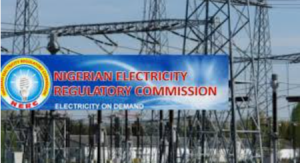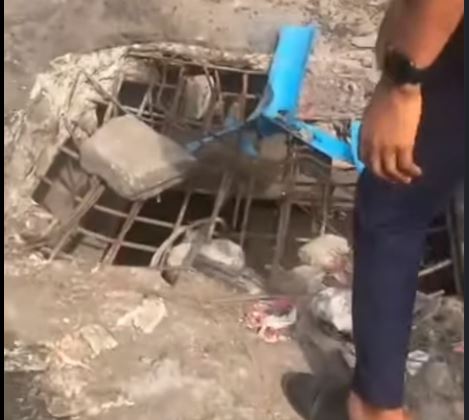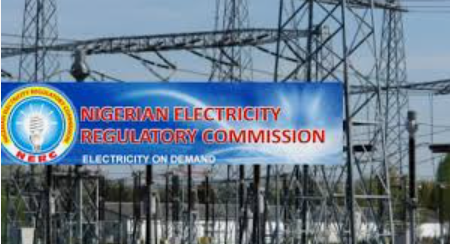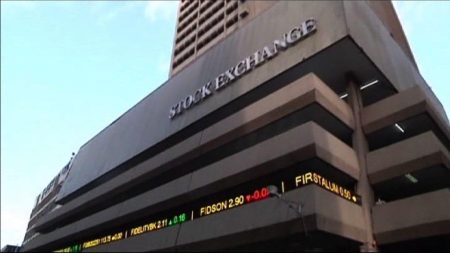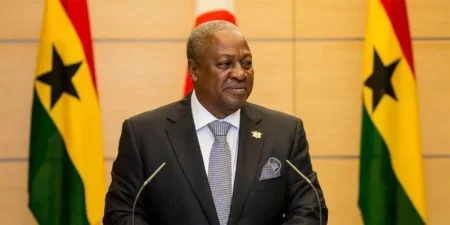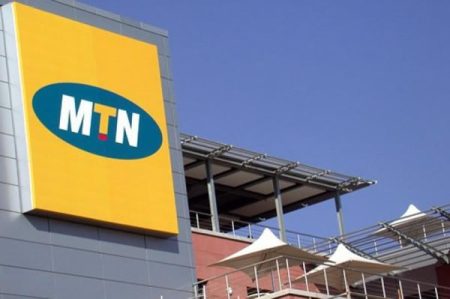The Lagos-Benin Expressway, a vital artery of Nigeria’s economy, experienced a significant disruption recently when a section of a bridge near the Isoko axis collapsed, causing a truck to topple and bringing traffic to a standstill. This incident, captured in a widely circulated video, underscored the precarious state of the expressway and ignited public outcry over the government’s perceived neglect of this crucial transportation route. Stranded motorists and passengers voiced their frustrations, highlighting the hours-long delays and the ripple effects on the movement of goods and services across the nation. The video vividly depicted the scene: long queues of stationary vehicles, a tangible representation of the economic stagnation caused by the bridge failure. The incident served as a stark reminder of the critical role the expressway plays in Nigeria’s economic activity.
The distressed commuter who documented the incident directly addressed the Minister of Works, David Umahi, questioning his prioritization of the Lagos-Calabar Coastal Highway project over what he argued was a more pressing need: the rehabilitation of the Lagos-Benin Expressway. He criticized the allocation of resources to the coastal highway, labeling it a “road to nowhere,” while the heavily trafficked Lagos-Benin Expressway, a cornerstone of national commerce, continued to deteriorate. He emphasized the economic consequences of neglecting this vital route, pointing to the stranded trucks laden with goods, symbolizing the disruption to the flow of commerce and the potential losses for businesses. The commuter’s impassioned plea resonated with many Nigerians who shared similar concerns about the government’s infrastructure priorities.
The collapsed bridge section, with its exposed underbelly revealing the river below, became a potent symbol of the dangers posed by the dilapidated state of the expressway. The stranded commuter highlighted the risk to life and limb, emphasizing the fortunate fact that the truck did not plunge into the river, averting a potentially catastrophic outcome. This near-miss served as a wake-up call, underscoring the urgency of addressing the deteriorating infrastructure before a tragedy occurs. He contrasted the bustling activity of the Lagos-Benin Expressway with the perceived lack of traffic on the Lagos-Calabar Coastal Highway, arguing that the government’s focus should be on repairing the route that serves the greatest number of people and carries the most significant economic weight.
The commuter’s critique extended beyond just the choice of projects, questioning the government’s fiscal management. He challenged the rationale of borrowing money for projects deemed less essential while neglecting the maintenance of existing, heavily utilized infrastructure. He questioned the wisdom of investing in what he perceived as underutilized infrastructure while the nation’s economic lifeline, the Lagos-Benin Expressway, crumbled. This critique resonated with a broader public sentiment questioning government spending priorities, particularly in the face of economic challenges.
The viral video quickly gained traction on social media, amplifying the stranded commuter’s message and galvanizing public opinion. The incident became a focal point for discussions about the state of Nigeria’s infrastructure and the government’s responsibility to maintain vital transportation networks. Many social media users echoed the commuter’s concerns, describing the Lagos-Benin Expressway as a “death trap” and calling for immediate government intervention. The video served as a catalyst for a wider public conversation about infrastructure development, resource allocation, and government accountability.
The incident on the Lagos-Benin Expressway serves as a microcosm of larger infrastructure challenges facing Nigeria. The bridge collapse, the stranded motorists, and the impassioned plea of the commuter all highlight the urgent need for a reassessment of infrastructure priorities and a commitment to maintaining critical transportation networks. The public outcry generated by the viral video underscores the importance of transparency and accountability in government spending and the need for a more responsive approach to addressing the needs of the citizenry. The incident is a stark reminder that neglecting essential infrastructure not only jeopardizes lives and livelihoods but also undermines the nation’s economic progress.




